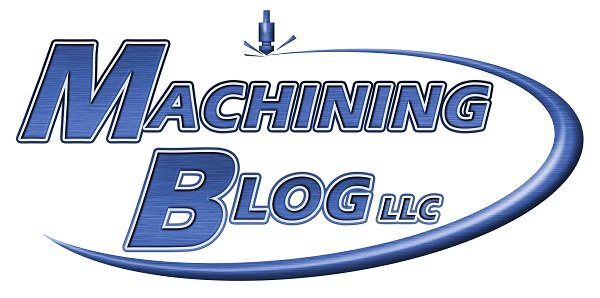What is Production Machining?
Production machining means making a lot of the same parts with great accuracy. Factories use machines like CNC (Computer Numerical Control) machines, Swiss machines, and multi-axis turning machines to do this.
Unlike making a few test pieces, production machining is about producing many parts at once while keeping the quality high.
Why is Production Machining Important?
1. Accuracy and Consistency
Modern machines help make parts with exact measurements. This is very important for things like airplane engines and medical tools.
2. Faster and Cheaper Production
Because machines can work quickly, making many parts at once lowers costs and helps companies make more money.
3. Works with Multiple Materials
Production machining can shape different materials like metal, plastic, and composite materials, making it useful for many industries.
4. Quicker Delivery Times
Automated machines help speed up production, so companies can get their parts faster.
Common Types of Production Machining
1. CNC Machining: A computer controls the tools to cut, drill, and shape parts.
2. Swiss Machining: Used for small and complex parts, like those in medical devices and electronics.
3. Multi-Spindle Machining: Makes many parts at the same time, which saves time.
4. Automated Lathe Machines: Spins and cuts material to make parts quickly.
What is the Future of Production Machining?
New technology is improving production machining. Smart machines, artificial intelligence, and real-time data help factories work more efficiently. New technology also predicts when machines need repairs, keeping production running uninterrupted.
As industries need faster and more accurate parts, using new machining methods and technology will help companies stay competitive.







